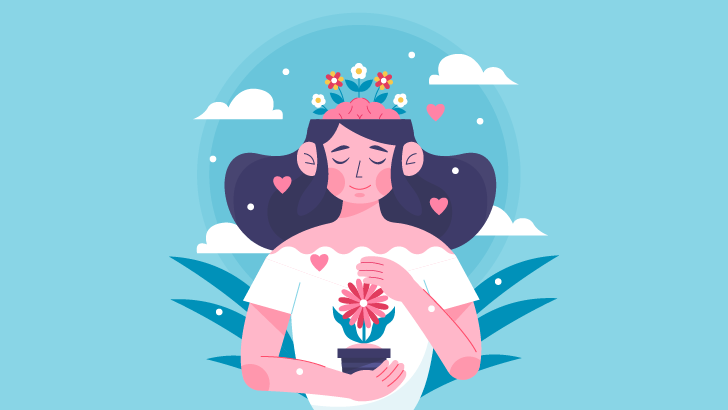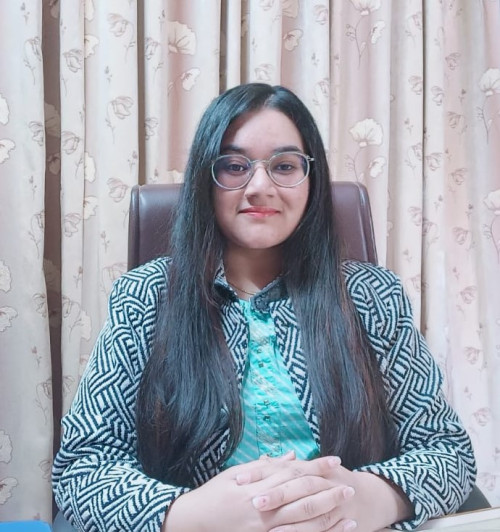
Gratitude means experiencing appreciation, admiration, and thankfulness by recognizing the things, people, and situations that bring us aid, fortune, happiness, and satisfaction. Gratitude is not just a feeling but an expression of comfort and belonging, making us feel connected to our environment and the people around us. It has immense transformative and healing powers, encouraging us to be thankful, appreciative, and positive, even when things might not be going our way.
Gratitude means experiencing appreciation, admiration, and thankfulness by recognizing the things, people, and situations that bring us aid, fortune, happiness, and satisfaction. Gratitude is not just a feeling but an expression of comfort and belonging, making us feel connected to our environment and the people around us. It has immense transformative and healing powers, encouraging us to be thankful, appreciative, and positive, even when things might not be going our way.
The world is full of both positive and negative energies. With advancements in communication, we are increasingly exposed to these energies. Media coverage of various crimes and dangers can heighten our anxiety, making us feel overwhelmed and adversely affecting our mental health and overall quality of life. Practicing gratitude generates positive energy within us, helping us counteract the negative influences we encounter, allowing us to maintain calm, a sense of security, and positivity. Research indicates that even when we focus on the negative aspects of our lives, acknowledging just one positive thing can create a shift in our mood and transform our way of thinking.
One common way to practice gratitude is through "gratitude journaling," where we write down three things we are grateful for at the beginning and end of the day. Even on the worst days, a simple expression of gratitude—such as "I am grateful that I have a roof over my head," "I am grateful for the air I breathe," or "I am grateful to my heart and mind for enduring such a difficult day"—can provide a sense of relief and mental calm, inducing hope and uplifting our mood. This practice overall enhances our mental health, fostering a greater sense of satisfaction, acceptance, and appreciation for our lives, and making us more mindful of the small things that help us grow and thrive. As the writer Melody Beattie said, "Gratitude makes sense of our past, brings peace for today, and creates a vision for tomorrow".

Psychologist, Relationship & Marriage Counselor